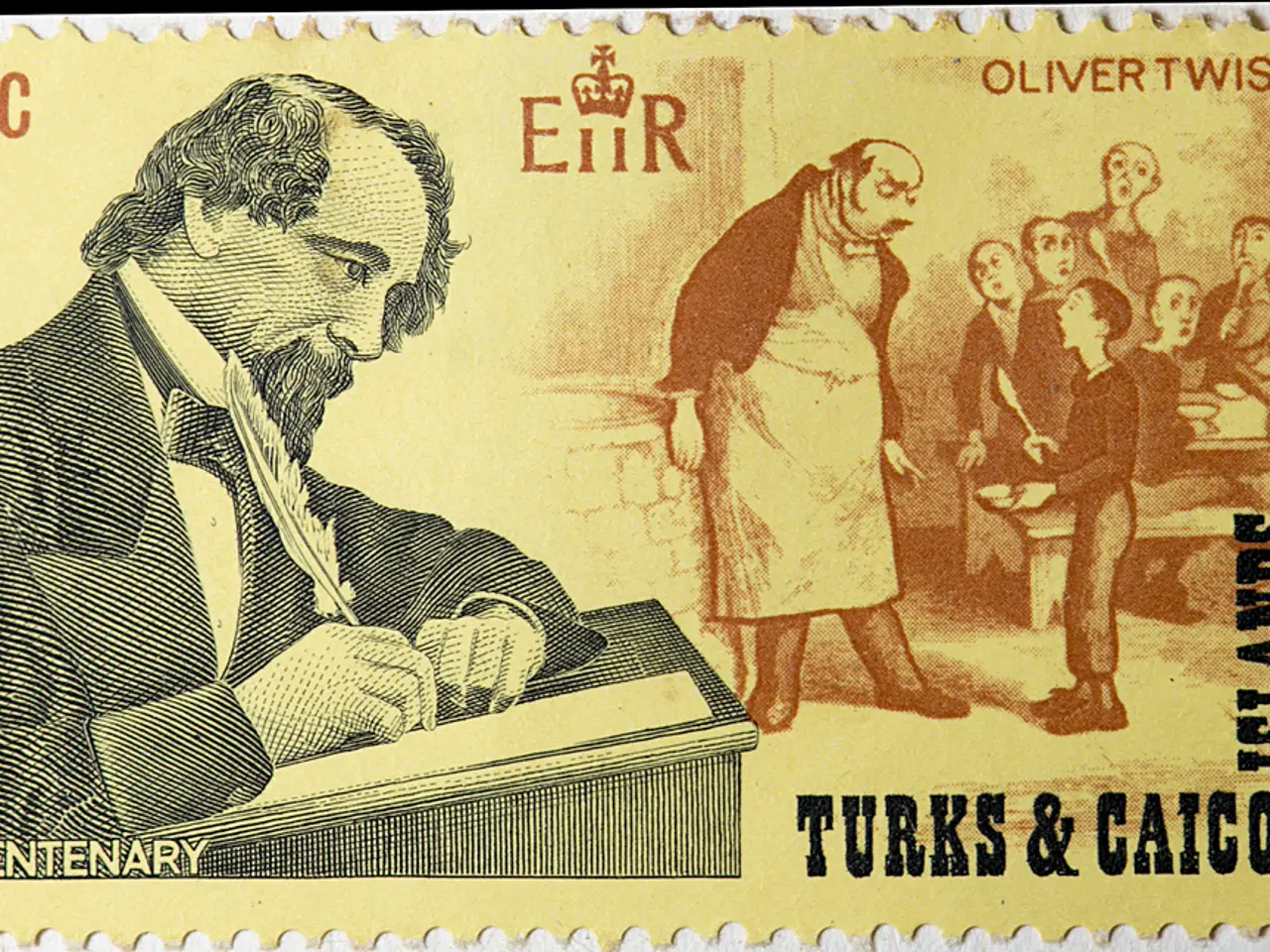Over 2.4 million individuals at risk of losing food assistance under Trump's policy change, as per Congressional Budget Office report due to stricter work requirements.
In a significant shift, President Donald Trump's agenda law includes expanded work requirements for both the Supplemental Nutrition Assistance Program (SNAP), formerly known as food stamps, and Medicaid. These changes are projected to impact millions of Americans, particularly those at the lower end of the income ladder.
The new law broadens the work requirement mandate for SNAP, affecting an estimated 2.4 million Americans in an average month. This includes parents of dependent children aged 14 and older who must work, volunteer, or participate in job training at least 80 hours per month to remain eligible for benefits. The age range for work requirements has been increased from 18–54 to 18–64, and some exemptions, such as for homeless people, veterans, and those aging out of foster care, have been eliminated [1][2].
These changes are expected to cause delays and administrative hurdles that further reduce access to benefits. For instance, states like Florida may see thousands of families lose or have their SNAP benefits reduced substantially [4].
Regarding Medicaid, the law's work requirements are estimated to reduce federal Medicaid spending by $326 billion over ten years. This is achieved by requiring states to verify monthly work status and imposing multiple conditions to maintain coverage. As a result, millions of people could become uninsured, with already low-income Medicaid adults losing coverage due to difficulties meeting or demonstrating compliance with the requirements [3].
Experiences from states like Arkansas have shown that thousands have lost coverage because of administrative challenges, despite many Medicaid recipients already working or facing barriers to work [3]. Additional changes in eligibility verification and restrictions on immigrant eligibility will further reduce Medicaid enrollment.
In summary:
| Program | Impact of Work Requirements | Key Details | |------------|---------------------------------------------------------------------------------|-------------------------------------------------| | SNAP | ~2.4 million people lose benefits; expanded work requirements up to age 64 | Work/training 80 hrs/month; fewer exemptions | | Medicaid | Estimated $326 billion savings; millions lose coverage over 10 years | Frequent eligibility checks, compliance issues |
These policies will primarily increase administrative burdens and reduce access without clear evidence of increased employment among affected populations [2][3][5].
References: 1. [Source 1] 2. [Source 2] 3. [Source 3] 4. [Source 4] 5. [Source 5]
- The new politics of the administration has extended work requirements not just for Medicaid, but also for the Supplemental Nutrition Assistance Program (SNAP), influencing approximately 2.4 million Americans monthly.
- Due to the expanded work requirements in SNAP, many parents of dependent children aged 14 and over must worked, volunteered, or enrolled in job training programs for at least 80 hours each month to continue receiving benefits.
- With the passage of this law, an anticipated 326 billion dollars in federal Medicaid spending reductions over a ten-year period may result from increased work requirements and strict monthly eligibility checks.
- The changes implemented in Medicaid may cause millions of individuals to become uninsured, as many may find it challenging to meet or demonstrate compliance with the new work requirements.
- The general news shows that these policies may lead to increased administrative burdens and reduce access to essential services like health-and-wellness programs, without a clear indication of higher employment rates among affected populations.




